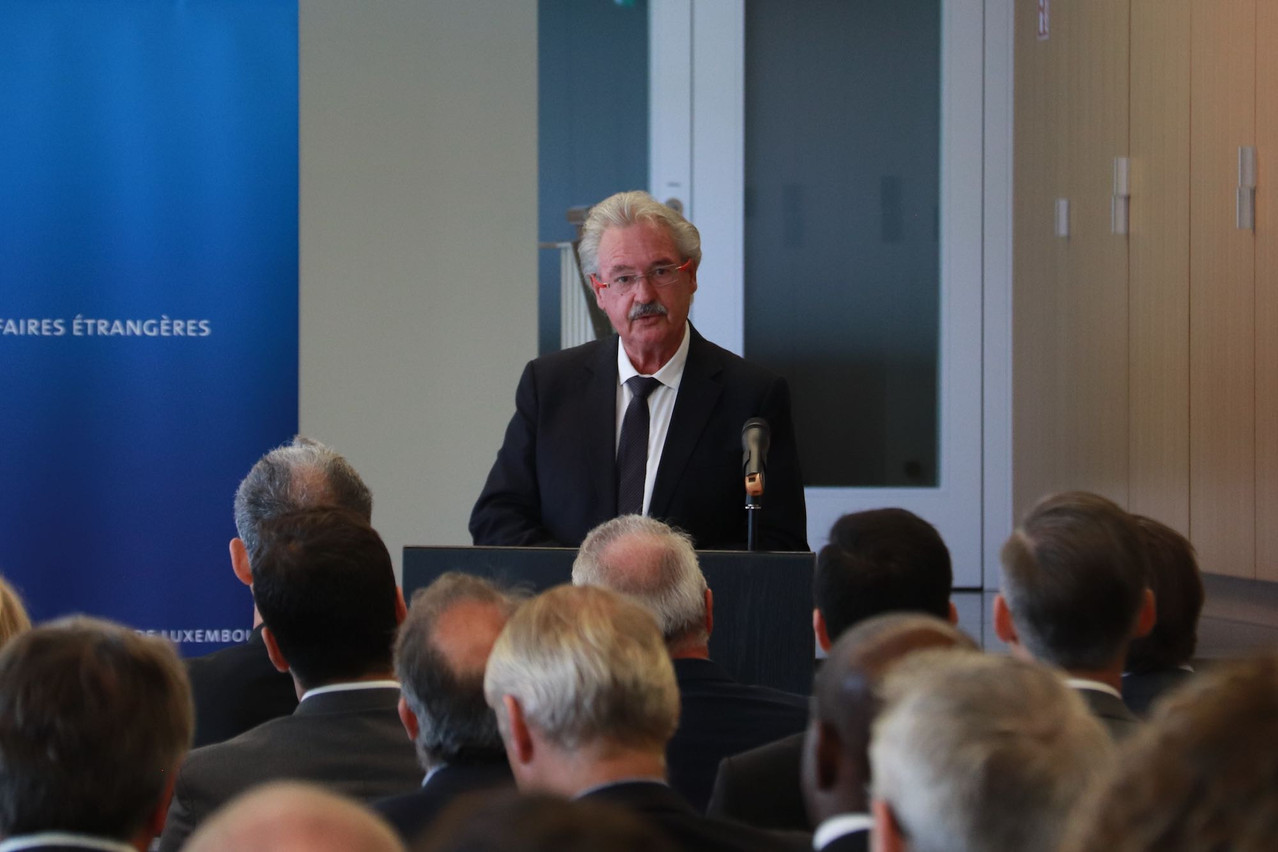If you’ve ever checked product reviews before ordering something online, or ever done a Google reverse image search on a suspicious social media post, then in a manner of speaking, you’ve been conducting your own “due diligence”.
Due diligence means researching and authenticating information relevant to a pending decision or transaction. The point of conducting due diligence is to reduce risk, avoid unpleasant surprises and determine if promises made are likely to be kept.
According to training provider the : “Due diligence is a process of verification, investigation, or audit of a potential deal or investment opportunity to confirm all relevant facts and financial information and to verify anything else that was brought up during an M&A deal or investment process. Due diligence is completed before a deal closes to provide the buyer with an assurance of what they’re getting.”
Different forms of due diligence
Each situation calls for a different approach. In finance, it typically requires reviewing financial statements and regulatory filings, and comparing them to competitors. In business, it could involve checking customer order records, probing an intellectual property portfolio or scoping out potential supply chain problems.
In a broader sense, there are several forms of due diligence. Many companies conduct employee background checks before hiring a new staff member. Financial firms and professional service providers apply “know your customer” and anti-money laundering checks to prevent financial crime and the funding of terrorism, and .
These days, many companies are increasingly focused on environmental criteria and will carry out corporate sustainability due diligence. Larger firms are subject to EU rules that are in the . And companies are increasingly performing .
Previous jargon busters in the series: ; ; ; ; and .
Next week’s jargon buster: feeder fund.
